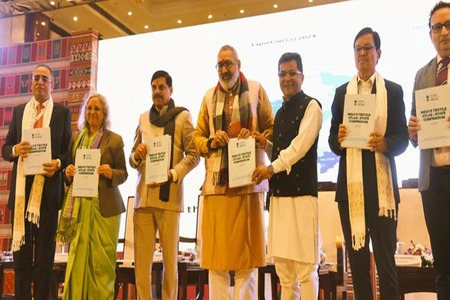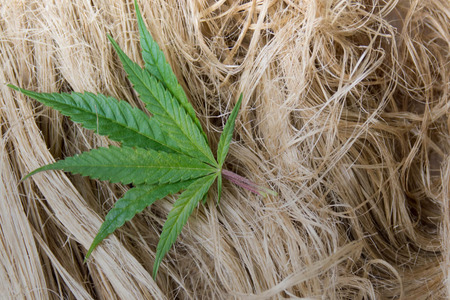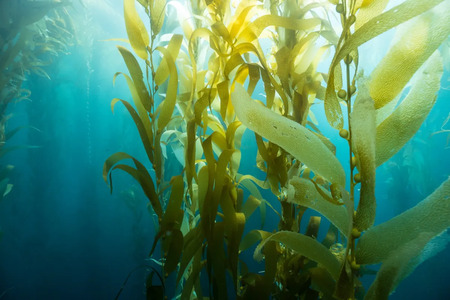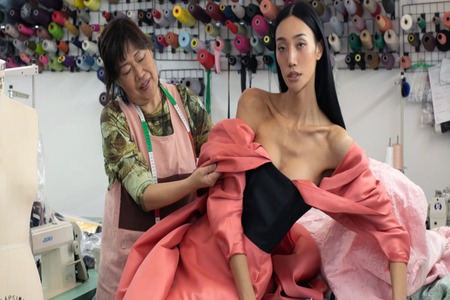Textiles development unit designed by Tanzania govt to buoy up investors
YarnsandFibers News Bureau 2014-10-29 14:00:00 – Dar es SalaamThe Textile Development Unit (TDU) has been set up within the ministry of Industry and Trade by the Tanzania government aimed to specially provide support to investors at every stage of investment process. The investors through TDU can find the information they need about the sub-sector --the advantages of investing, and the investment incentives and guarantees, as well as practical information on setting up a business in Tanzania.
Tanzanian textile and garment sub-sector provides investors with outstanding opportunities to capitalize on its great but under-exploited potential. Tanzania has latent comparative advantage, boasting extensive cotton production, and sea and land access to a number of major export markets.
Moreover, low wages and the low price of electricity make Tanzania one of the most cost-competitive textile and garment producers in the world.
As one of the most stable countries in the developing world --Tanzania offers a rare combination of cost competitiveness and highly credible investment guarantees.
In recent years, investment in the sub-sector has grown quickly with new and existing businesses already seeing substantial gains. The root of these successes is clear; Tanzania is a rare example of a country which can support a profitable, integrated manufacturing value chain from cotton field to finished garment production. In addition, there are opportunities for joint venture partnerships.
The country's economy is undergoing rapid economic transformation, with growing domestic and regional markets. Presently with manufacturing playing the key role, the Government is gearing up to reach middle-income status by 2025.
Tanzania has two main cotton growing zones which are the Western Cotton Growing Area (WCGA), comprising seven regions Shinyanga, Mwanza, Tabora, Mara, Singida, Geita, and Simiyu which grows 97% of Tanzania's cotton.
Eastern Cotton Growing Area (ECGA), comprising the three regions of Coast, Morogoro and Tanga.
To-date, there is a great demand for knitted fabrics and garments within the domestic market to replace the current high volume of imports. Also there is potential in regional and international markets.
Tanzania's production of seed cotton increased from 200,664 metric tons in 2007/08 to 244,892 metric tons in 2013/14.
While there has been variability in production levels in recent years due to price instability and weather fluctuations, there has been recent progress in introducing contract farming in some of the growing regions, which is already leading to higher and more stable yields, as well as higher quality cotton.
The Tanzania Cotton Board (TCB) regulates the cotton sub-sector on behalf of the government. TCB ensures adherence to cotton farming procedures and regulations, ensures steady supply of agro-inputs, maintaining a level playing ground for the cotton business firms and collecting, refining and disseminating information to stakeholders. TCB guarantees producers availability of cotton lint throughout the year.
Tanzania’s large domestic market and emerging middle class is pushing up demand for quality garments. The situation is replicated across many East and Southern African countries, creating a substantial regional market for apparel.
Tanzania as a member of both East African Community (EAC) and Southern African Development Community (SADC) regional blocs is deadly placed to take advantage of this. The regional markets show the increasing demand for imported clothing, much of which is currently being met by China. There is a scope for regional exports to replace current imports from Asia.
Tanzania, as part of the EAC, has an interim Economic partnership Agreement (EPA) in place with the European Union (EU) of which the agreement guarantees tariff-free access to EU markets.
Furthermore, textiles and garments are among the 6500 from Tanzania that enjoy duty-and quota-free access to the US market through the African Growth and Opportunity Act (AGOA).
Market Intelligence
Ask for free sample Report

experience
Customer Base
dedicated team
Countries Served Worldwide









